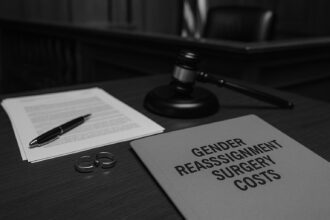In an unexpected turn, the Utah House voted against a bill that sought to restrict teachers from displaying LGBTQ+ Pride flags and delving into political or religious topics, following criticism over the bill’s ambiguous language that could constrain critical thinking education.
The Utah House recently declined a bill aimed at prohibiting teachers from displaying LGBTQ+ Pride flags and discussing political, social, or religious topics in classrooms. This decision, made by a 39-32 vote, came after significant opposition from both Democrats and Republicans, who criticized the bill for its vague language that might limit essential critical thinking lessons. The proposed bill had sought to bar educators from influencing students’ sexual orientation or gender identity, with opponents fearing it could lead to punitive actions against teachers for either acknowledging or not recognizing a student’s identity. The American Civil Liberties Union of Utah and various lawmakers, including Democratic Representative Joel Briscoe, voiced concerns over the bill’s potential to suppress free expression and diverse perspectives in educational settings. This rejection follows another piece of legislation signed by Governor Spencer Cox, limiting diversity programs in schools, marking a significant moment in the ongoing debate over educational content and teacher autonomy in Utah.
In a separate legislative move, Tennessee lawmakers passed a bill requiring schools to verify the cause of fire alarms before ordering evacuations. This legislation was inspired by the tragic event at The Covenant School in Nashville, where the sound of a fire alarm played a critical role in the shooter’s actions. The bill, unanimously supported in both the Senate and House, aims to enhance safety measures by establishing guidelines for responding to fire alarms potentially triggered by active shooters. Set to be implemented by July 1, once Governor Bill Lee approves, the bill reflects Tennessee’s efforts to improve school safety and mental health support following the shooting. This was partly driven by advocacy from family members of the Covenant School victims, who have also called for wider gun reform measures. The new policy indicates a proactive approach to student safety amid a reluctance to adopt stricter gun control laws.













